Wholly understood, wu wei is not “non-action”, but action that operates by simply following the natural course of universal energy as it manifests without strain or ego involvement.
How Can One Act without the Deliberate Effort of Acting?
Ultimately, wu wei boils down to recognizing what exists at the absolute depth of your heart and mind. Rather than allowing your ego to get involved, you find relaxation and letting go of any need to do. When the ego is active, strain and stress follow.
If we look closely, the Taoist Water Meditation Method is really teaching practitioners to use their full effort without strain. If you can remove the strain, then any action becomes relatively effortless by definition.
In this light, “not doing” doesn’t mean you don’t do anything. You can raise your hand, which is an action, but it’s a fairly effortless action if you’re a healthy human being.
Ask yourself these questions:
- Can you remain relaxed enough that you don’t tense, force, apply your mental will or project your energy outward to accomplish a task?
- Can you allow action to naturally and spontaneously emerge from within you?
Encountering Internal Resistance
Taoist meditation teaches practitioners how to put forth as much effort as possible without strain. We start by defining the line of effort and strain with simple qigong exercises.
Through practice, you discover that if you cross the line— if you go past a certain point in body or mind—an internal fight arises, you hit internal resistance. The trick is to figure out how far you can go forward without encountering resistance of any kind.
When you play the line without overdoing it, you can achieve more and progress faster. However, as soon as you strain, internal resistance begins to build.
Keep in mind that this line of effort and strain is constantly changing. Where you find yourself today is not necessarily where you will be tomorrow or six months from now. So it’s not as simple as identifying the line once and staying behind it.
Allow Time for Integration
Over the years, I’ve observed many students try to go around the line. The ones that are successful at advancing their qigong, bagua or tai chi practice (and life in general), know that when they hit any internal resistance, they’ve just got to switch to something else for a while.
They take a rest and allow time for integration. Once whatever is causing the resistance is integrated, they can once again move forward.
If you can observe yourself and see how much you can do while remaining relaxed and open, you might find that you can’t do as much at first.
Back off—whether in your practice or your daily life—and maintain a level of output that doesn’t cause tension. Then, as you begin to do more, tasks will become easier without the necessity of activating your force of will or the drama that has become common to the modern man.
In modern life, we’re constantly chasing after things in the external world. But you will never find peace in any external object. Any external object you get will eventually become boring and lose its appeal.
Practicing the principle of wu wei, of effortlessness, will allow you time for integration.
The Ultimate Goal
In the internal arts, you learn form in order to master a technique, then you forget the form, and eventually experience the formlessness of wu wei. This formlessness is the ultimate goal of all the internal martial arts.
This fundamental Taoist concept of action arising from an empty mind without preconception or agenda will help you discover the joy and happiness inside yourself.
Stay good.
Bruce

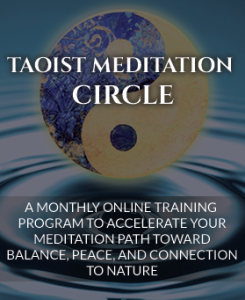
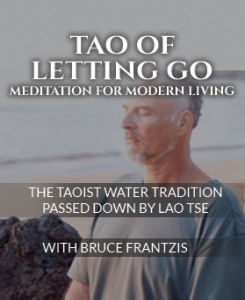
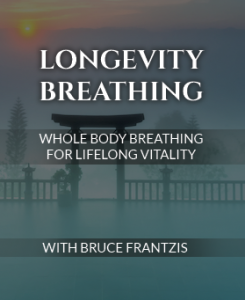
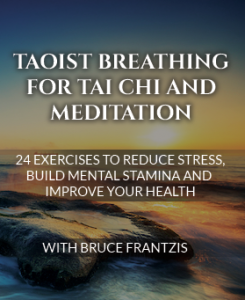
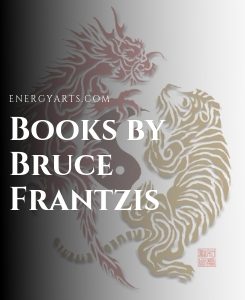
just signed up for the taoist meditation circle and look forward to sarting this weekend.I enjoy reading your blogs also
I surely do miss attending the week/weekend classes you held in CA. I’m glad we have this media so we can see your progress and travels. Thank you, Bruce, for sharing your life’s work with us.